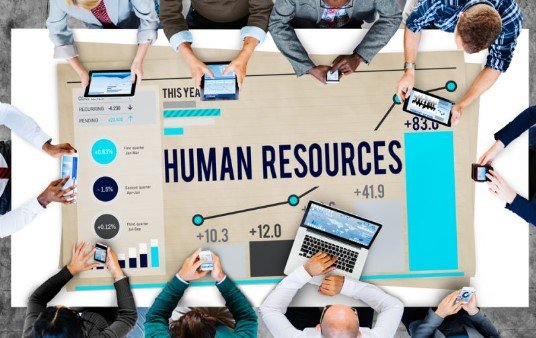Key Aspects of Human Resources that Drive Value

Human Resources (HR) plays a crucial role in shaping the success of any company. From attracting top talent to creating a culture of employee engagement, HR functions encompass a wide range of responsibilities that impact overall business performance. As the workplace continues to evolve, HR’s role becomes even more critical in navigating complexities such as workforce diversity, employee well-being, and organizational development. This article explores the key aspects of HR that deliver value to organizations and the essential elements to focus on for long-term success.
Talent Acquisition and Recruitment Strategies
One of HR’s primary functions is talent acquisition, which involves attracting, sourcing, and hiring candidates who align with the organization’s needs and culture. A strong recruitment strategy helps companies secure top talent, ultimately leading to increased productivity and innovation. The HR department is responsible for defining job roles, identifying the best recruitment channels, and maintaining a positive employer brand to appeal to potential candidates.
Successful talent acquisition goes beyond just filling vacancies. HR professionals must ensure that new hires fit the company’s long-term objectives. This involves careful screening, conducting interviews, and engaging in proactive recruitment strategies such as networking and relationship-building with potential candidates. The use of advanced technologies like Applicant Tracking Systems (ATS) also helps HR streamline the recruitment process, making it more efficient and data-driven.
In today’s competitive job market, HR departments must implement creative approaches to recruitment, such as promoting flexible working conditions, offering attractive benefits, and highlighting company culture to appeal to a diverse range of candidates.
Employee Engagement and Retention
Beyond recruitment, HR is tasked with fostering employee engagement and improving retention rates. Employees who feel engaged and connected to their workplace are more productive and less likely to seek opportunities elsewhere. HR departments play a significant role in creating an environment that values open communication, recognition, and opportunities for professional growth.
To retain talent, HR should focus on creating programs that nurture a positive employee experience. This can include regular feedback mechanisms such as performance reviews and employee surveys, career development opportunities like mentorship programs, and offering a clear path for advancement. Moreover, providing work-life balance options such as remote work or flexible hours can significantly enhance employee satisfaction.
HR professionals must also foster a strong company culture where employees feel valued and supported. This involves recognizing employee contributions through rewards programs, celebrating milestones, and promoting a sense of community within the organization.
Read also: Ensuring Smooth Operations in Your Financial Business
Learning and Development
One of the most valuable aspects of HR is its role in learning and development (L&D). In today’s rapidly changing business landscape, continuous learning is essential for both personal and organizational growth. HR is responsible for identifying training needs, developing educational programs, and ensuring employees have access to the tools and resources they need to enhance their skills.
Providing opportunities for professional development not only boosts employee morale but also ensures the company remains competitive by keeping its workforce up-to-date with industry trends. HR departments often implement a variety of L&D initiatives, including workshops, online courses, certification programs, and leadership development.
When employees are encouraged to pursue further education and skill-building, they become more invested in the company’s success. As a result, businesses see improved performance and a more adaptable workforce that is ready to meet future challenges.
Swag and Employee Recognition
A lesser-discussed but valuable HR strategy involves company swag and recognition programs. Providing employees with branded merchandise and rewards fosters a sense of belonging and pride in their company. Swag can be particularly effective during onboarding processes, team-building events, or as part of employee rewards programs.
Utilizing a company swag store allows organizations to create customized items that reflect their brand’s identity while also meeting employees’ needs. Items like branded apparel, notebooks, and tech accessories serve as a reminder of the company’s appreciation for its workforce, further enhancing employee morale and engagement. Offering company swag is also a subtle way to strengthen internal culture and ensure employees feel valued, reinforcing a sense of unity.
Recognition programs, in conjunction with swag, allow HR to acknowledge employees’ contributions meaningfully. Whether through monthly awards, milestone celebrations, or personalized gifts, these programs go a long way in motivating staff and maintaining high levels of performance. Integrating these programs with a company swag store can streamline the process, providing a tangible way to recognize and celebrate employee achievements.
Conclusion
The valuable aspects of HR extend far beyond simple administration. HR professionals play an essential role in talent acquisition, employee engagement, learning and development, and compliance. By focusing on strategies that enhance employee satisfaction and retention, HR can directly influence a company’s success. Incorporating elements like a swag store into employee recognition efforts is just one way HR can boost morale and create a positive work environment. As companies grow and adapt, HR remains a cornerstone of organizational development and employee well-being.





